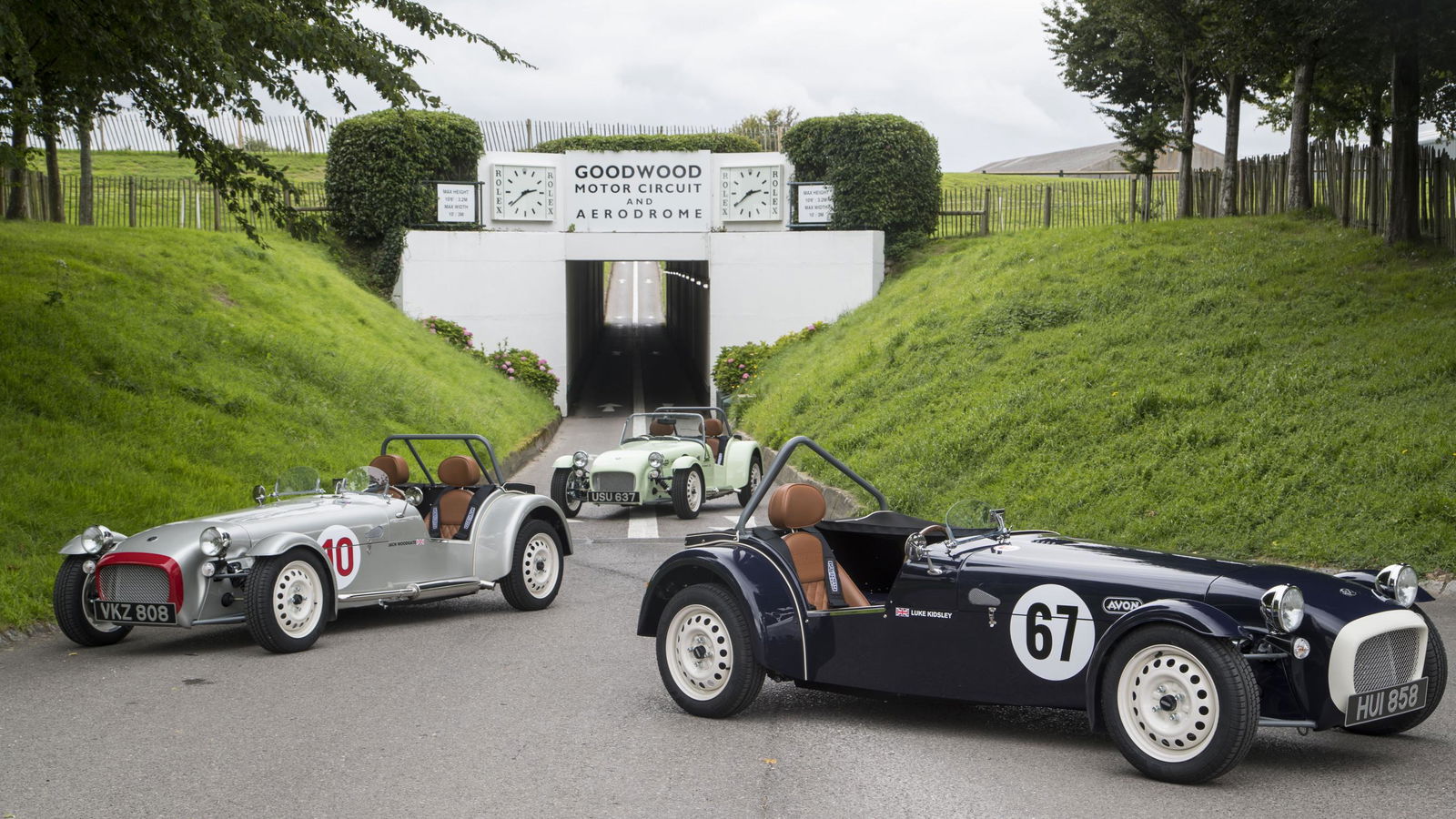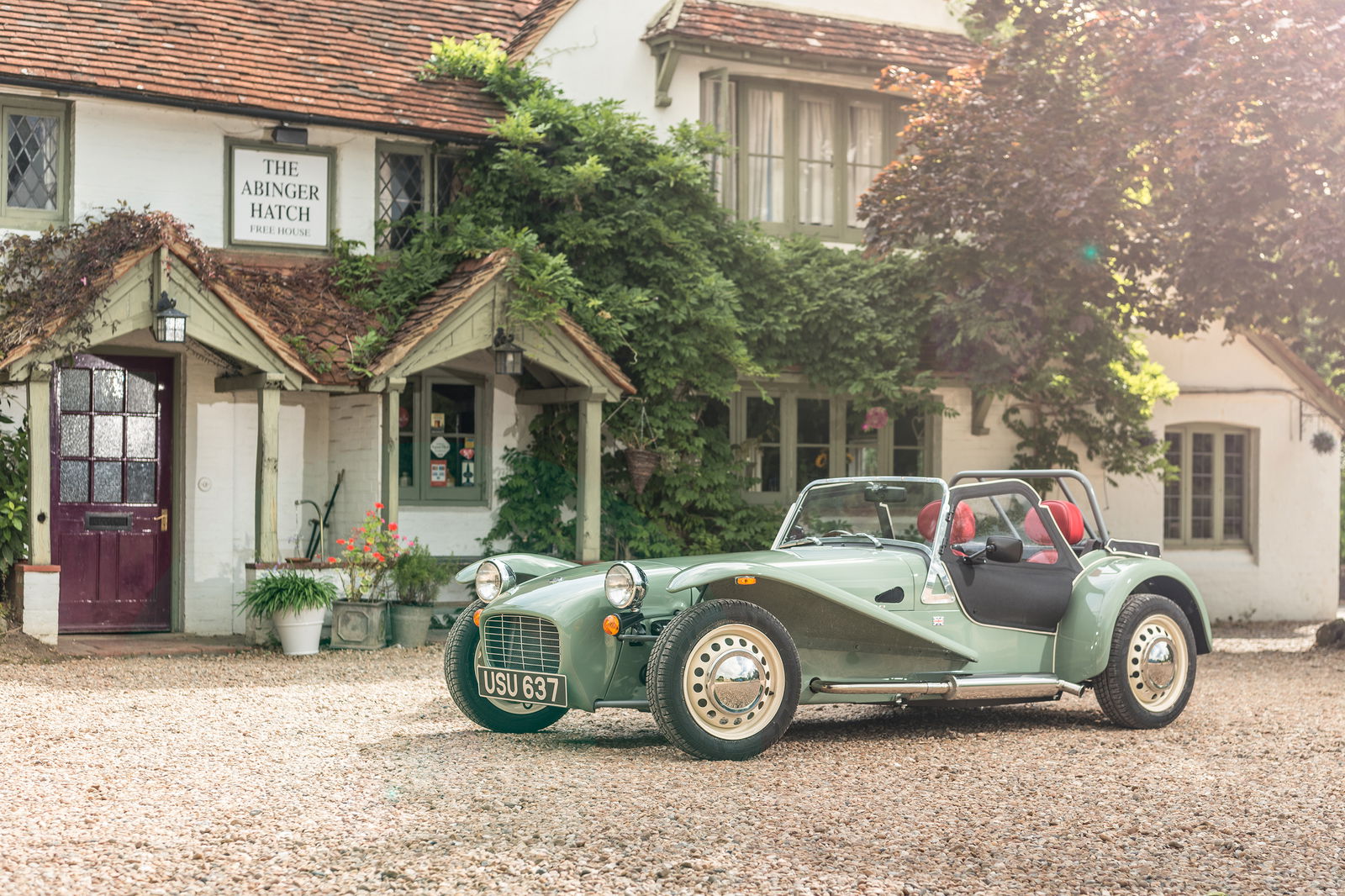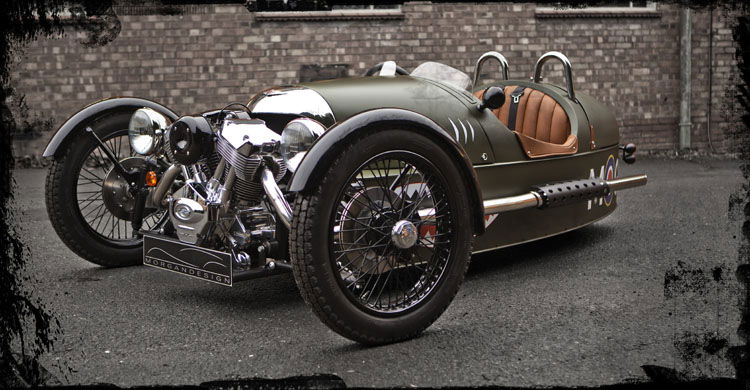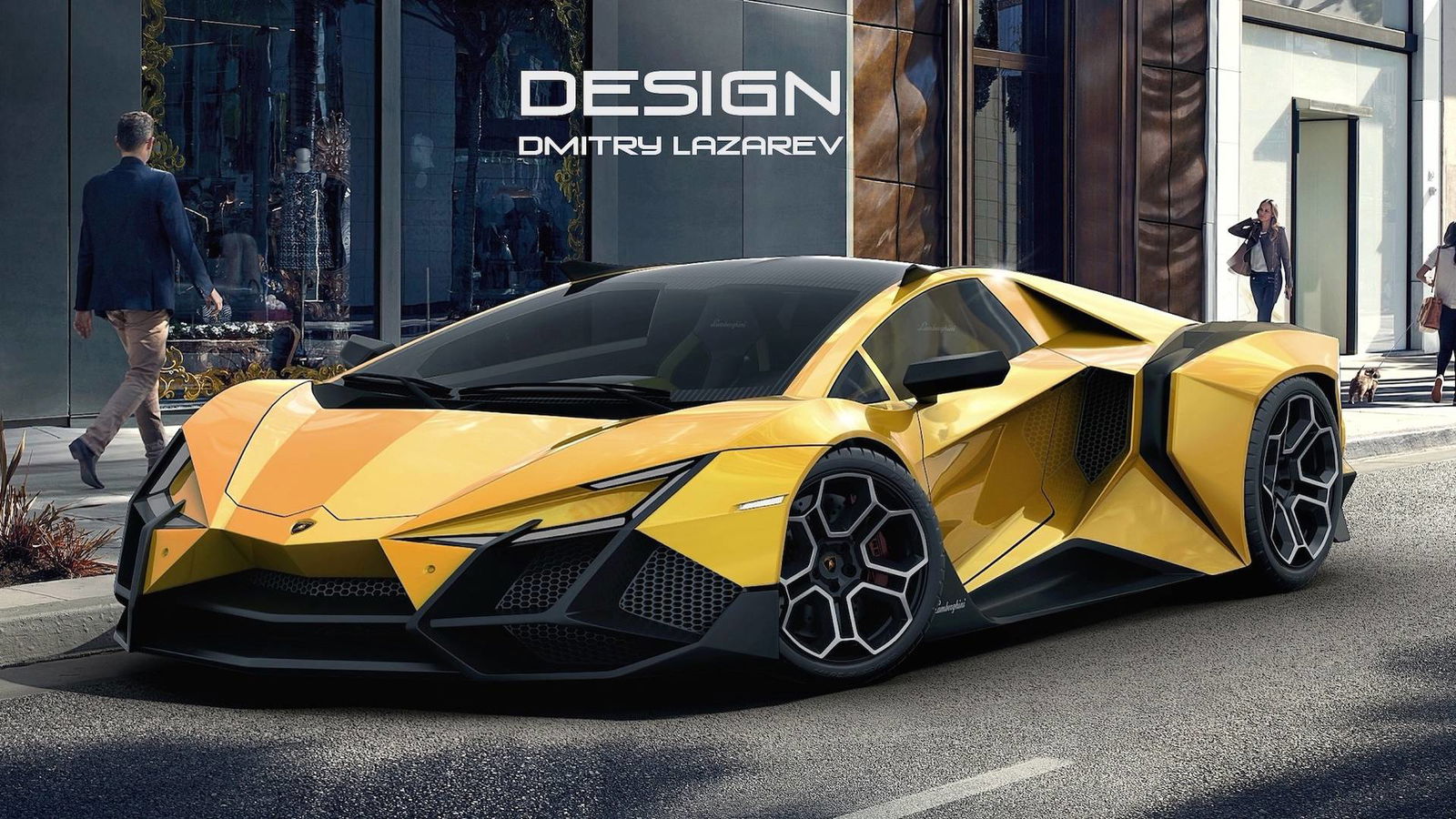For Fun Petrol Cars In The 2030s, Look To The Little Guys

We all know that internal combustion bans are coming. The UK has set a deadline of 2040 for the non-electrified petrol engine, but we also know that most manufacturers will electrify all but the smallest and cheapest cars in their ranges before then. They have the tech and the motivation, so it’s going to happen.
So where does that leave the petrolhead of the future in terms of really desirable petrol-powered machinery where the only battery powers nothing more serious than the dashboard clock? It could be left to low-volume specialists to fill the gap.

Take the excellently-named Vins Duecinquanta two-stroke motorbike as an example that should be fresh in your memory. Designed and built by a small team of ex-Ferrari F1 engineers in Italy, it’s the very definition of niche. Two-strokes haven’t been allowed for emissions reasons since shortly after I got a 49cc moped at 16 years old.
A lot of people, mostly older guys, still harbour a secret semi for the days when they couldn’t step onto the street without catching a whiff of mixed, burned oil and petrol. Legendary strokers of the 1970s, like the Yamaha ‘Fizzy’ FS1E stoke the fires of nostalgia deep in the loins of people who are now old enough to have a bit of money to spend.

Caterham has always sold its cars on that same principle. By all logical arguments a Seven is an anachronism in 2018. No roof, a seat practically at floor level, interior space that would make tinned tuna feel cramped and all the creature comforts of a night sleeping rough under a motorway bridge create a product that really shouldn’t exist in a world where people think any car without a soft-touch dashboard is basically a Cold War relic.
It does exist, though, here and now, and the world is a better place for it. After something like 2030, though, you probably won’t have much choice in brand new cars that don’t have at least a mild hybrid setup, except for pockets of good old-fashioned wonderment like you see in Caterham. At this stage there’s no provision to make exceptions to the combustion engine bans for low-volume producers, but for that decade or so, the little guys might come to the fore as the only people to buy from if you really love driving.

When Volkswagen is peddling its electric cars, Toyota has moved almost its entire portfolio to full hybrids, plug-ins and hydrogen power and Mazda has finally been forced to put some kind of electrification in its cars, the likes of Vins, Noble, Morgan and Caterham might be the still-shining beacons towards which we have to turn in search of exploding liquids-based fun.
This presents some problems. Firstly, that 250cc motorbike costs €40,000. Even the cheapest Caterham, the Seven 160, is just about £20,000 if you get the factory to build it. A Seven 270, the next-cheapest, is almost £24,500. You can buy a new AC Cobra, identical to the 1962 car that sold at auction for $13.75 million, but it’s price on application…

You can see where we’re going with this. Small-volume car makers might be our only hope of clinging onto fun petrol-only cars beyond about 2030, but right now they don’t exactly build terribly affordable things.
This article is an open invitation to them all: please start developing fun cars to a £15,000 maximum. Make them simple and light, make them compact and give them whizzy little petrol engines with enough power to make them quick, but not so much that they’re hard to insure. In the 2030s, if you’ll forgive the irony in the phrasing, what a breath of fresh air that would be.








Comments
We really are one of the last generations of petrolheads, so hopefully the small manufacturers can send us off with a smile.
Alex should start a car company with combustion engines.
“PHILMOTORS” or “CTCARS” or something else.
MIATA
I think we’ll start to see the rise of companies like this. https://echargersystem.com/
If you can keep your existing fun car but bolt on a 25% fuel efficiency why not.
If this doesn’t happen in the 2030’s…at least allow us to use petrol engined cars at racetracks and private property, perhaps!
Where will you get the petrol from to run these cars, when all the service stations have gone?
Pagination